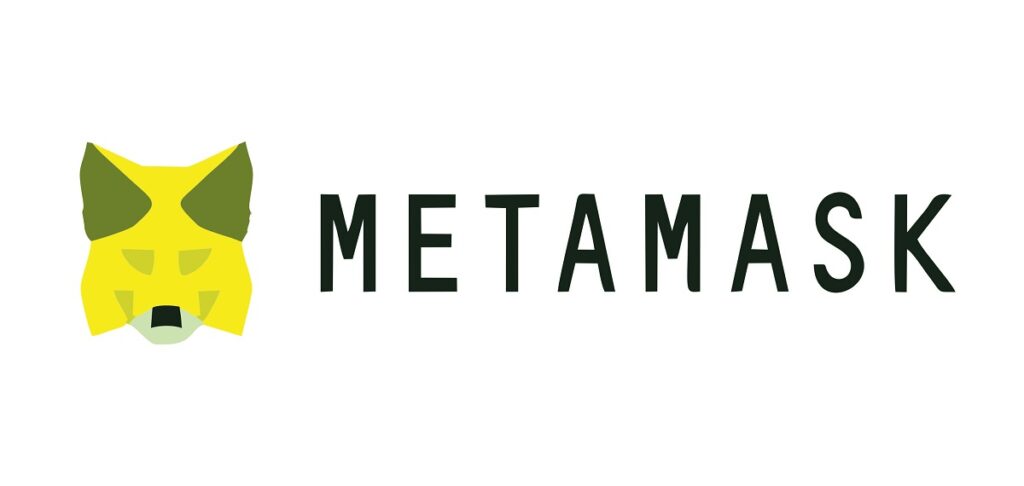Fashionable Ethereum-based crypto pockets MetaMask will now run Ethereum validator nodes for customers keen to stake 32 ETH in a brand new characteristic revealed on January 18. On this new association, MetaMask, by way of MetaMask Portfolio, will arrange and handle the validator node for qualifying customers of its pockets.
With the brand new characteristic (Staking-as-a-Service), customers trying to validate transactions on the Ethereum blockchain will now not have to possess the costly {hardware} or the technical experience to arrange a validator node, as every little thing will get taken care of by way of the MetaMask Portfolio, the pockets dApp for asset administration.
The brand new service has obtained essential acclaim from many observers as revolutionary however can also be receiving knocks for being costly. MetaMask guarantees a 3.8% annual yield, however the 10% fee on the rewards makes it price a second thought.
What’s Ethereum Validator Staking?
The transition from Proof-of-Work (PoW) to Proof-of-Stake (PoS) got here with advantages and modifications to the Ethereum blockchain transaction construction. Whereas the Proof-of-Work protocol rewarded miners for offering options to complicated mathematical issues, Proof-of-Stake works in another way, as a substitute rewarding node validators who construct and confirm blocks within the blockchain.
Establishing a validator node on the Ethereum blockchain requires a strong pc with loads of RAM and SSD storage, and a 32 ETH stake for each validator node a consumer creates. Establishing and sustaining the node are comparatively technical steps, so there is likely to be hours of studying concerned for the common particular person.
With the brand new validator staking characteristic by MetaMask, then again, customers can deposit the 32 ETH price and depart the remainder to MetaMask to handle by way of Consensys Staking with no upfront fee for upkeep or server lease. When customers earn, MetaMask takes a ten% reduce from the three.8% promised reward, which leaves them with an okay ROI anyway.
What’s MetaMask Promising?
Whereas the service is accessible by way of the MetaMask Portfolio platform, the agency outsources the staking service to a devoted Ethereum self-custodial staking platform, Consensys Staking. With a monitor document, there may be nothing for potential customers to worry concerning the proposed staking-as-a-service association.
Consensys Staking at present runs 33,000 Ethereum validator nodes, about $2 billion in complete worth of staked ETH tokens. The platform additionally boasts over two years of hosted Ethereum staking expertise with zero slashes (penalty for energy outages or prolonged web downtime).
With these claims, Consensys is a greater possibility than self-hosting an Ethereum validator node from an effectivity viewpoint, as it’s difficult to maintain a pc going for over two years with no energy outages or faults.
Along with a number of guarantees, MetaMask guarantees that customers could have management over their staked ETH each step of the way in which. Briefly, customers can withdraw their funds and cease staking at any time with out going by way of the alternate first, making it a self-custodial staking answer technically.
The comfort of merely having the ability to join your pockets to your MetaMask Portfolio and immediately staking 32 ETH to arrange a validator node utilizing just a few clicks with out having to accumulate a brand new pc is one other thrilling promise from the cryptocurrency alternate that will attraction to non-technical cryptocurrency fanatics.
Observers-Ethereum Validator Staking Centralizes the Blockchain
The brand new characteristic met essential acclaim, however observers (typically) criticize it for going in opposition to the spirit of cryptocurrencies. Whereas it democratizes staking, which is nice, it additionally centralizes most staking infrastructure to pick out operators like Consensys Staking and Lido, eroding the decentralization of cryptocurrencies.
Consensys Staking at present solely controls 4% of all Ethereum validator nodes, insignificant sufficient to pose a menace, however its greatest competitor, Lido, has management over round 40%. With over 9.3 million ETH price over $22.9 billion at present staked on Lido, it’s roughly an Ethereum validation central financial institution able to doubtlessly impacting the integrity of the validator mannequin.
The rising recognition of staking-as-a-service platforms amongst Ethereum holders threatens the integrity of the proof-of-stake protocol, because it centralizes validator nodes that go in opposition to the very spirit of cryptocurrency.
For the reason that blockchain doesn’t appear to be affected by the obvious centralization, it’s unlikely that the expansion of staking-as-a-service platforms will decelerate anytime quickly.

